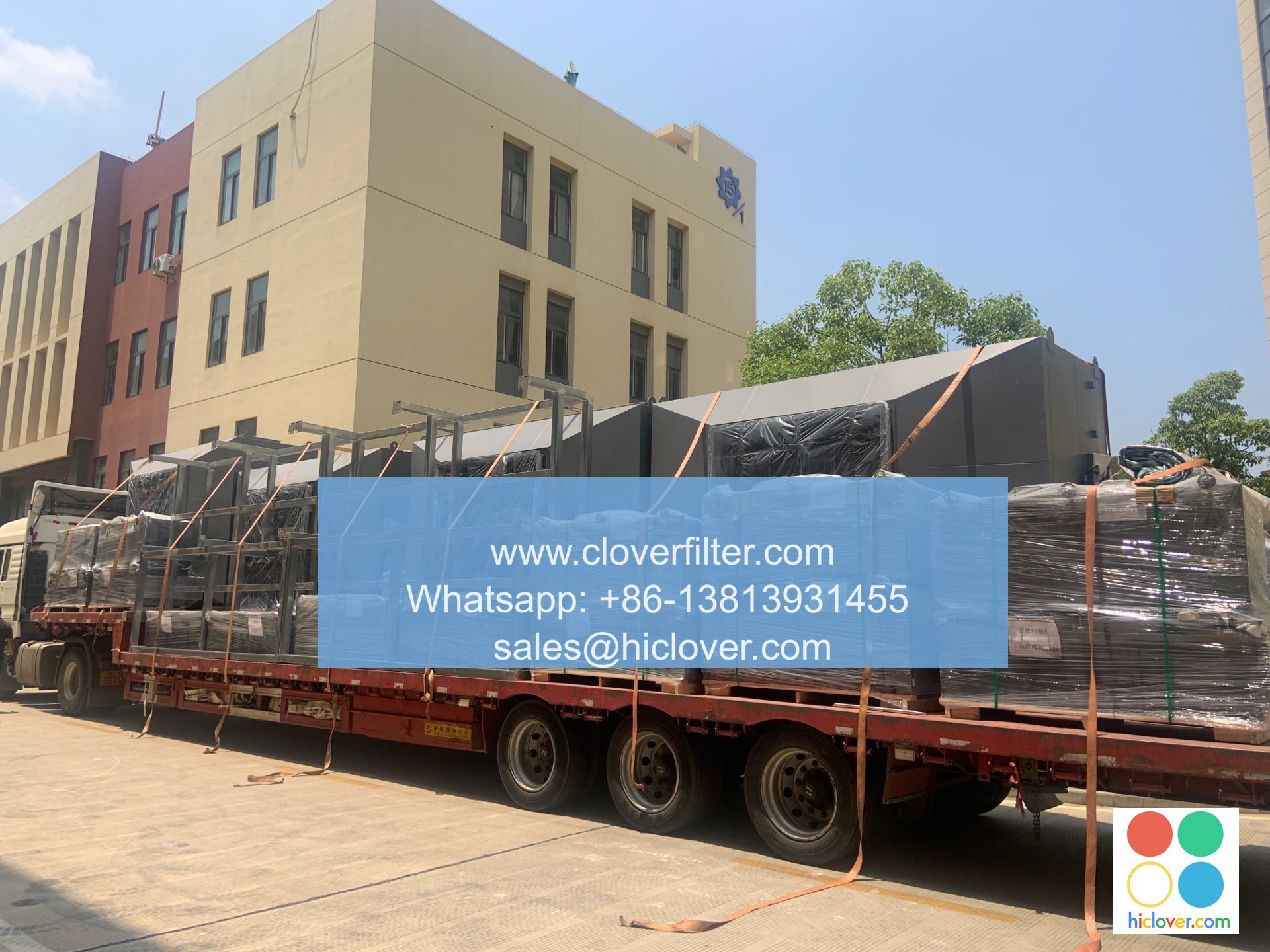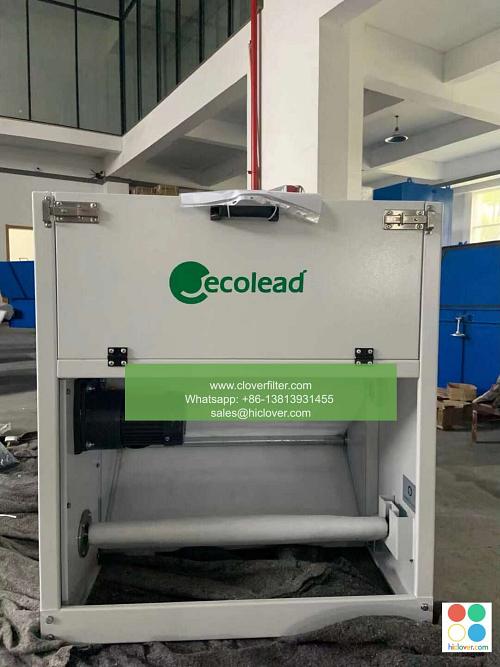The Benefits of Using a HEPA-Type Air Filter for Your School

As a school administrator, ensuring a healthy and safe learning environment for students and staff is of utmost importance. One often overlooked aspect of maintaining a healthy school environment is indoor air quality. Poor indoor air quality can lead to a range of health problems, including respiratory issues, allergies, and even long-term health effects. One effective way to improve indoor air quality is by using a HEPA-type air filter. In this article, we will explore the benefits of using a HEPA-type air filter for your school, highlighting various application areas and key words such as air purification, indoor air quality, and health and wellness.
What is a HEPA-Type Air Filter?
A HEPA-type air filter is a type of air filter that uses a high-efficiency particulate air (HEPA) filtration system to remove 99.97% of particles as small as 0.3 microns from the air. This includes pollen, dust, mold, bacteria, and viruses. HEPA-type air filters are commonly used in air purifiers, vacuum cleaners, and HVAC systems to improve indoor air quality.
Benefits of Using a HEPA-Type Air Filter in Schools
Using a HEPA-type air filter in schools can have numerous benefits, including:
* Improved indoor air quality: By removing airborne pollutants and allergens, HEPA-type air filters can help reduce the risk of respiratory problems and allergic reactions among students and staff.
* Reduced absenteeism: By improving indoor air quality, HEPA-type air filters can help reduce the number of absent days due to illness and allergies.
* Increased productivity: A healthy and comfortable learning environment can help improve focus and productivity among students and staff.
* Compliance with regulations: Using a HEPA-type air filter can help schools comply with indoor air quality regulations and standards set by organizations such as the EPA and ASHRAE.
Application Areas for HEPA-Type Air Filters in Schools
HEPA-type air filters can be applied in various areas of a school, including:
* Classrooms: Using a HEPA-type air filter in classrooms can help improve indoor air quality and reduce the risk of respiratory problems and allergic reactions among students.
* Offices: Using a HEPA-type air filter in offices can help improve indoor air quality and reduce the risk of respiratory problems and allergic reactions among staff.
* Libraries: Using a HEPA-type air filter in libraries can help improve indoor air quality and reduce the risk of respiratory problems and allergic reactions among students and staff.
* Gymnasiums: Using a HEPA-type air filter in gymnasiums can help improve indoor air quality and reduce the risk of respiratory problems and allergic reactions among students and staff.
Conclusion
In conclusion, using a HEPA-type air filter in schools can have numerous benefits, including improved indoor air quality, reduced absenteeism, increased productivity, and compliance with regulations. By applying HEPA-type air filters in various areas of a school, including classrooms, offices, libraries, and gymnasiums, schools can help create a healthy and safe learning environment for students and staff. As a school administrator, considering the use of a HEPA-type air filter is an important step towards maintaining a healthy and safe school environment, and promoting health and wellness among students and staff. You haven’t asked a question or provided any context. What would you like to talk about?

